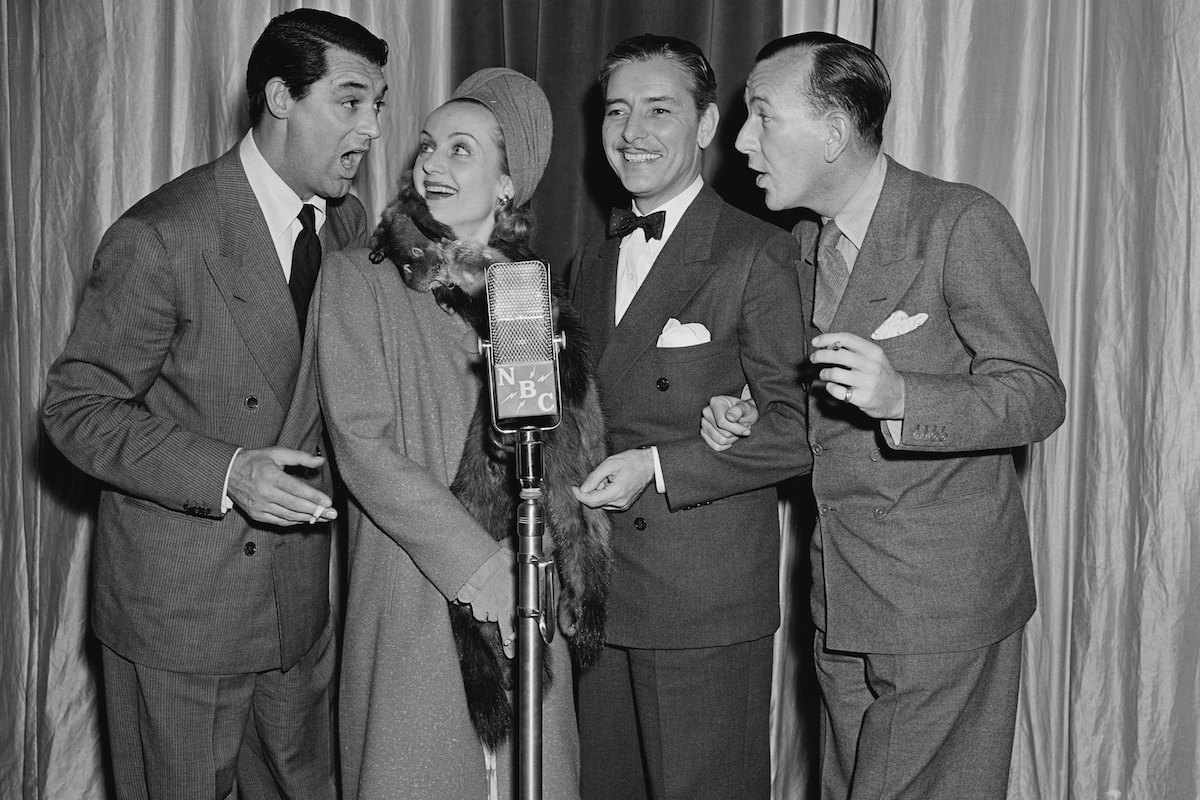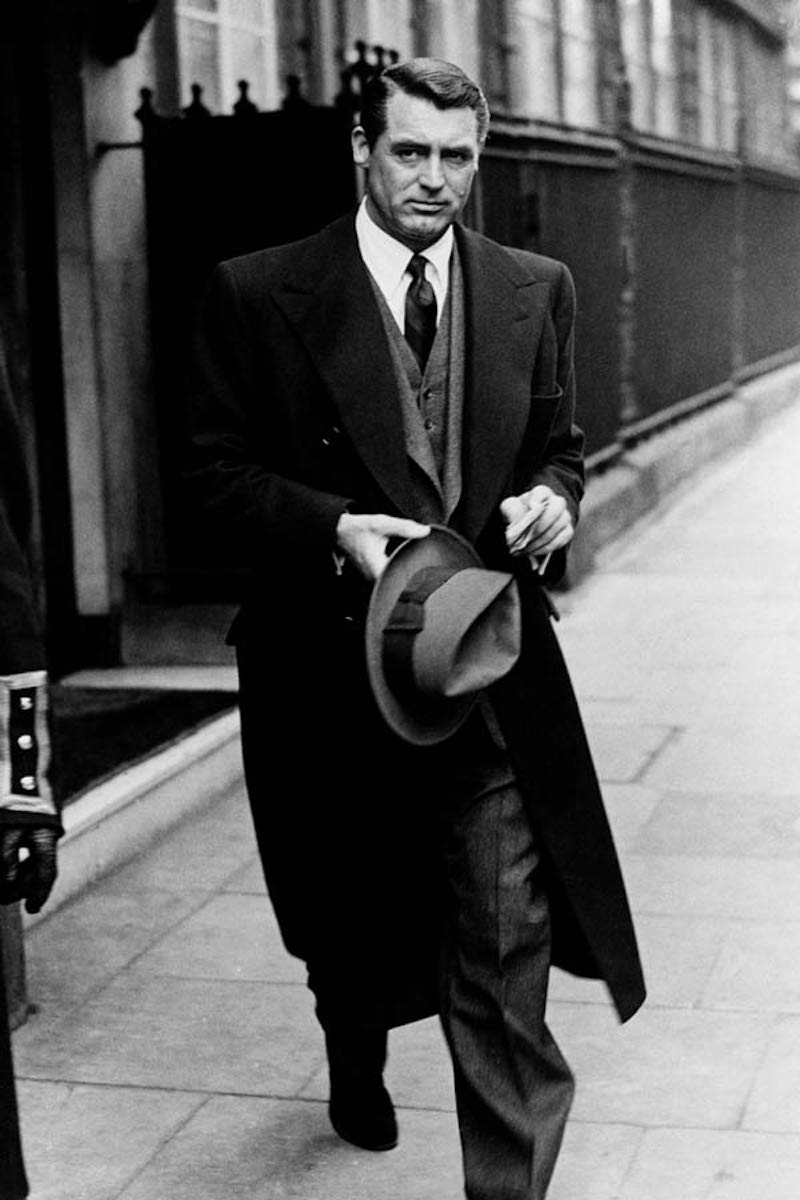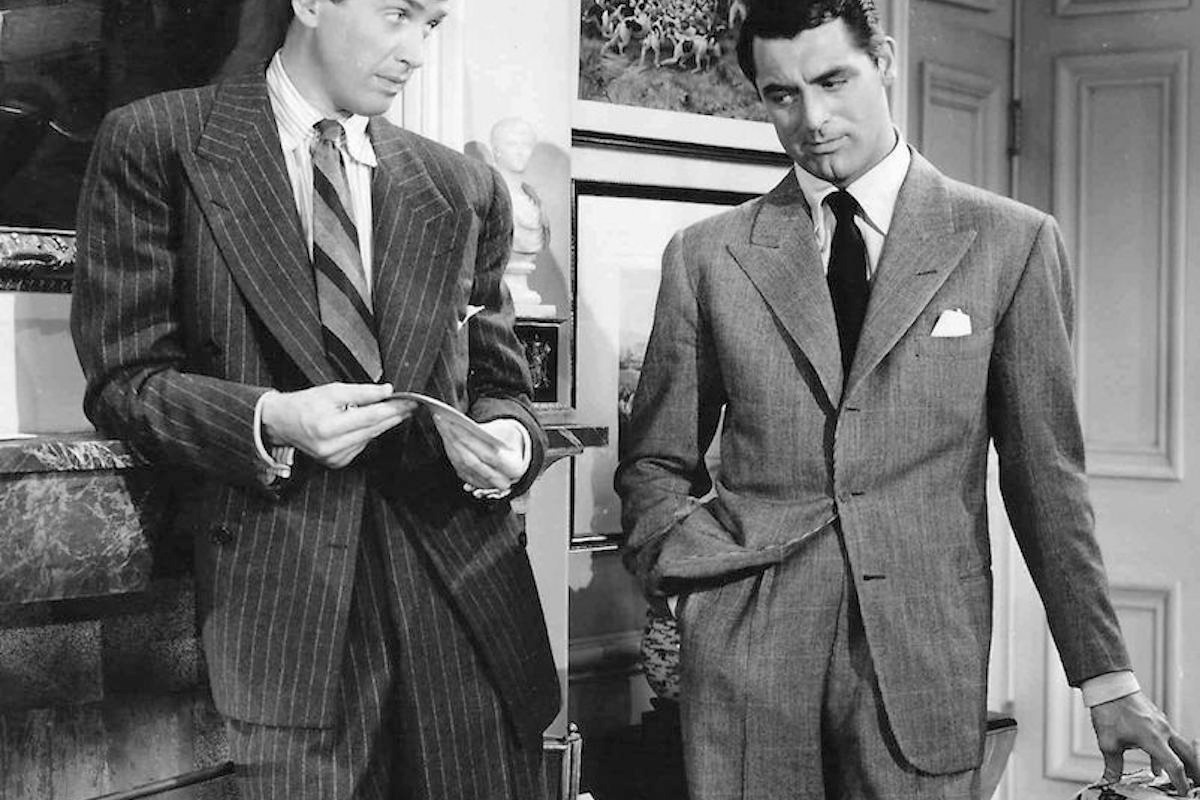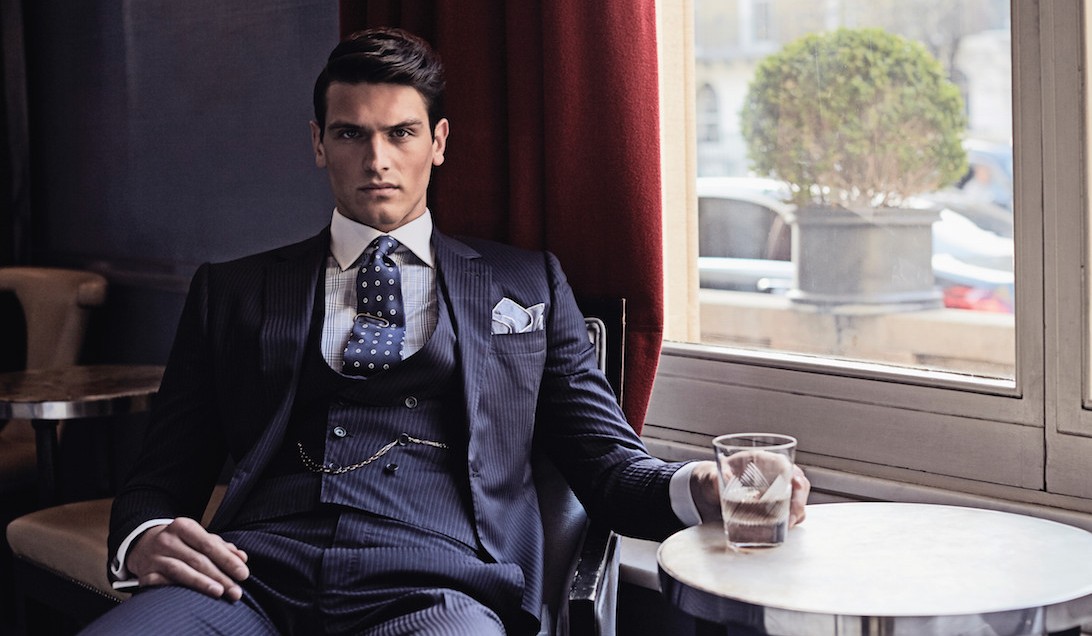Cary Grant's Guide to the Perfect Classic Suit
One of the best-dressed men ever reveals his sartorial philosophy.

As the sage Kanye West once Tweeted, 'Suits is an expensive addiction.' Yeezy speaks the truth, particularly when you're talking the British bespoke or high-end Italian handmade sort.
That's why it's always best to look at a suit as a long-term investment, and hedge against the loopy cycles of fashion by going with something relatively classic and timeless, which you'll be able to wear for years to come - and hopefully, pass down to your descendants.
But just what is classic? What defines the Platonic ideal of sartorial timelessness? In a late-'60s article for the now-defunct This Week magazine, a man broadly regarded as having been one of the most stylish gents of all time, Cary Grant, succinctly laid out his philosophy of personal style and how to select - or indeed, bespeak - the perfect classic suit:

'It isn't only money that determines how well a man dresses - it's personal taste. Because of the demands of my work, I've purchased dozens of suits over the years and they all have one attribute in common: they are in the middle of fashion. By that I mean they're not self-consciously fashionable or far out, nor are they overly conservative or dated. In other words, the lapels are neither too wide nor too narrow, the trousers neither too tight nor too loose, the coats neither too short nor too long. I've worn clothes of extreme style, but only in order to dress appropriately for the type of character I played in particular films. Otherwise, simplicity, to me, has always been the essence of good taste.
'I believe men's clothes - like women's - should attract attention to the best lines of a man's figure and distract from the worst. In all cases, the most reliable style is in the middle of the road - a thoughtful sensible position in any human behaviour. Except perhaps on the freeway - but, even then, the middle lane, providing of course, it's on your side of the road, usually gets you where you're going more easily, comfortably, and less disturbingly. And so it should be with clothes. They should be undisturbing, easy and comfortable.'


Insofar as colours go, Grant says 'if a man's budget restricts him to only one suit, then I would choose something unobtrusive. A dark blue, almost black, of lightweight cloth, serviceable for both day and evening wear. I suggest lightweight because nowadays most restaurants, offices, shops and theatres are well heated during fall and winter. What about a second suit? Well, I think a grey worsted or flannel would be most serviceable. Not too light in colour, not too dark. And, this time, of medium weight but not more than what is known as ten-ounce cloth.'
During the summer months, Grant says, 'I've taken to wearing light beige, washable poplin suits. They're inexpensive and, if kept crisp and clean, acceptable almost anywhere at any time, even in the evening. Also, the coat can be worn with grey flannels at the seashore or in the country, and the trousers used separately with a sport shirt and moccasins, or a pair of those heavy-soled white canvas shoes that are popular with young college men.'
'Poplin or seersucker suits are the mark of no special social class or income group, but are worn by all. And, providing he is well-mannered, a young man wearing such a suit can confidently approach the other fellow's girl, secure in knowing that his way of dress is no deterrent.'


Perhaps the key piece of advice Grant gives is, as we mentioned at the start here, to see a suit as a long-term investment. 'How much one should pay depends on how much one has to spend. I'm reminded of a piece of advice my father gave me regarding shoes: it has stood me in good stead whenever my own finances were low. He said it's better to buy one good pair of shoes than four cheap ones. One pair made of fine leather could outlast four inferior pairs, and, if well cared for, would continue to proclaim your good judgment and taste no matter how old they become. The same applies to suits, so permit me to suggest you buy the best you can afford even though it means buying less. Rather like the stock market: it is usually more sensible to buy just one share of blue chip than 150 shares of a one-dollar stock.'
When it comes to classic suiting, take it for Grant'ed - think long-term, spend serious cash'n'Cary, steer straight for the middle of the road, and you'll be rollin' with the best of them for decades to come.



